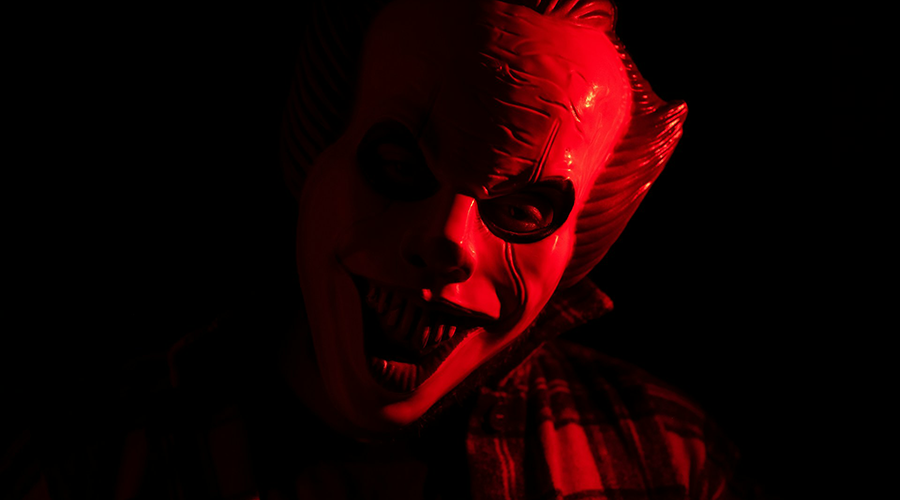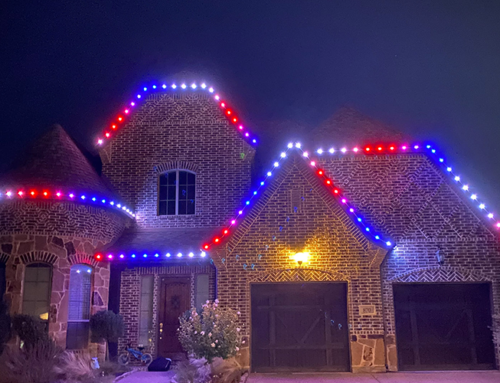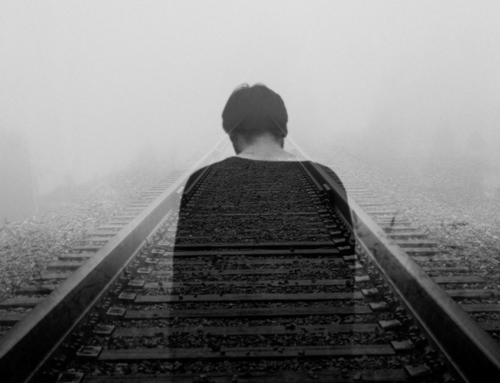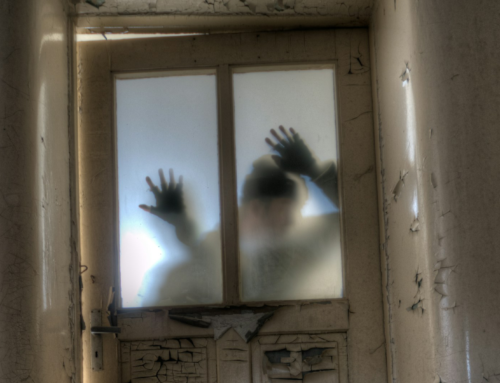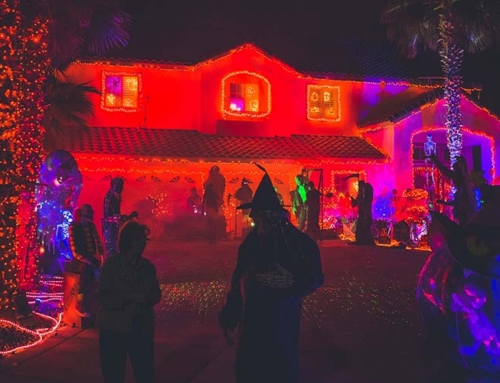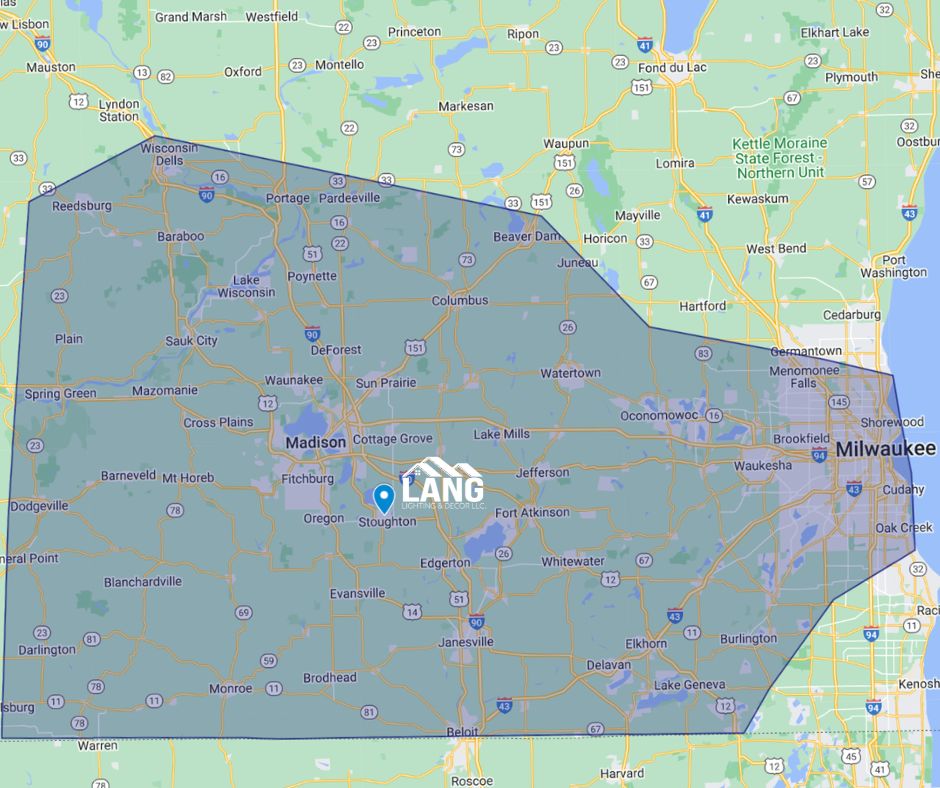Why do we pay good money to watch horror movies, visit haunted houses, or ride roller coasters?
The answer lies in the complex psychology of fear and the peculiar human tendency to seek out frightening experiences in controlled environments.
In this article, we’re going to dive into the science behind our love of fear and explore why being scared can be so thrilling.
The Biology of Fear
At its core, fear is a fundamental survival mechanism. When we encounter a threat, our bodies react instantly:
- The amygdala, our brain’s fear center, activates.
- Stress hormones like adrenaline and cortisol flood our system.
- Our heart rate increases, pumping more blood to our muscles.
- We become hyper-aware of our surroundings.
This “fight or flight” response primes us for action. In genuinely dangerous situations, these reactions can save our lives. But in controlled, safe environments, they can produce an exhilarating rush.
The Psychology of Controlled Fear
When we willingly expose ourselves to scary situations that we know are ultimately safe (like watching a horror movie or riding a roller coaster), several psychological factors come into play:
1. Arousal Transfer Theory
This theory suggests that the physiological arousal from fear can transfer to other emotions, intensifying them. When the scary experience ends, we often feel relief and excitement, which can be incredibly pleasurable.
2. Excitation-Transfer Theory
Similar to arousal transfer, this theory proposes that the arousal from one stimulus (like fear) can amplify the arousal of subsequent stimuli. This might explain why some people find scary movies romantically arousing.
3. Cognitive Reappraisal
Our ability to cognitively reframe the fear experience (“This is just a movie,” or “I’m completely safe on this ride”) allows us to enjoy the physical sensations of fear without the negative emotional impact.
The Sociological Aspect
>Fear-seeking behavior also has social and cultural components:
- Bonding: Shared fear experiences can create strong social bonds. Think of friends clutching each other during a scary movie or strangers bonding after an intense roller coaster ride.
- Status: Demonstrating courage in the face of fear (even simulated fear) can elevate one’s social status.
- Safe Exploration: Horror and thrill-seeking allow us to safely explore taboo or dangerous concepts from a distance.
The Dopamine Factor
Experiencing fear in a controlled setting can trigger a release of dopamine, the “feel-good” neurotransmitter associated with pleasure and reward. This biochemical reward can make fear-inducing activities addictive for some people.
Individual Fear Differences
Not everyone enjoys being scared, and there’s a wide spectrum of fear-seeking behavior. Factors influencing one’s enjoyment of fear include:
- Personality traits (e.g., sensation-seeking tendencies)
- Past experiences
- Cultural background
- Anxiety levels
Some people may find extreme haunted houses thrilling, while others prefer milder scares like children’s Halloween stories.
The Evolutionary Perspective
From an evolutionary standpoint, enjoying controlled fear might have adaptive benefits:
- It allows us to practice our fear responses in safe settings.
- It helps us learn to regulate our emotions in high-stress situations.
- It may have helped our ancestors prepare for real dangers.
Our fascination with fear is a complex interplay of biological, psychological, and social factors. By seeking out scary experiences in safe environments, we get to enjoy the thrilling aspects of fear without real danger. This allows us to challenge ourselves, bond with others, and even learn about our own emotional responses.
So the next time you feel your heart racing during a horror movie or as you approach the peak of a roller coaster, remember: your love of that scared feeling is deeply rooted in your psychology and biology. It’s a uniquely human trait that connects us with our most primal instincts while allowing us to explore the boundaries of our courage in the safety of the modern world.
At Lang Lighting and Decor LLC, we’re here to help you enhance the psychology of fear in your own life, whether it’s with eerie lighting for your home or tips for visiting local haunted houses. If you have any questions about decorating or need assistance with your Halloween setup, don’t hesitate to reach out.
Happy haunting from all of us at Lang Lighting and Decor LLC!

